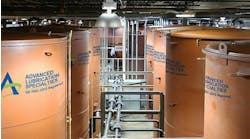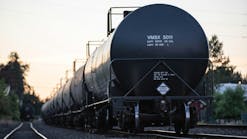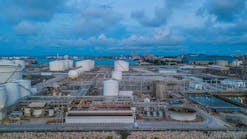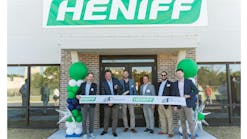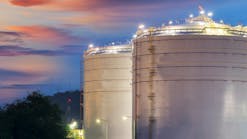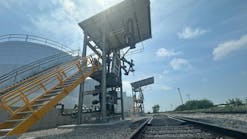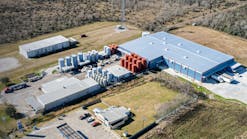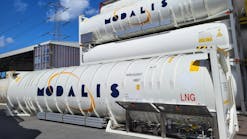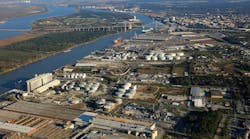Colonial Terminals, a division of Savannah-based Colonial Group, recently acquired 16.7 acres of land located adjacent to an existing Colonial Terminal riverfront facility and a Norfolk Southern rail facility. The transaction will provide Colonial Terminals the ability to develop breakbulk infrastructure along the Savannah River, the company said.
“For nearly a century, Colonial Terminals has built its reputation by delivering world-class product handling services to dry and liquid bulk customers through our intermodal marine terminals,” Ryan Chandler, president of Colonial Terminals, said in a news release. “Leveraging our strategic infrastructure in partnership with Norfolk Southern to extend our reach into the breakbulk space is a logical next step for our high-service culture.”
Chandler said the project is expected to stimulate regrowth of business that had been lost in recent years due to Georgia Port Authority’s conversion of its Ocean Terminal facility, and will support further growth in the breakbulk segment, as well as provide 20-plus local jobs.
The new facility, directly served by Norfolk Southern, will allow in excess of 1 million tons of throughput and support the development of a new wide-span berth expected to move steel, paper, and other forest products, but capable of handling any general breakbulk cargo, Colonial Terminals added. Breakbulk is a common method of moving goods that cannot fit in standard-size shipping containers or cargo bins. Instead, cargo is transported in bags, boxes, crates, drums and barrels, or by other methods.
“At Norfolk Southern, real estate assets are a strategic opportunity that we’re leveraging to drive smart, sustainable growth for our customers and our rail network,” said Kathleen Smith, vice president of real estate and business development. “This partnership furthers that mission, aligning our organizations to fulfill a critical supply chain need in the Southeast.”
Phase 1 of the project will see the construction of the berth and refurbishment of the existing warehouse facility, and Phase 2 will support a new rail-served warehouse or outside storage complex. The berth is expected to be permitted in mid-July, with construction to commence shortly thereafter, the company reported. The project is expected to be completed in late 2024 and cost more than $100 million.
